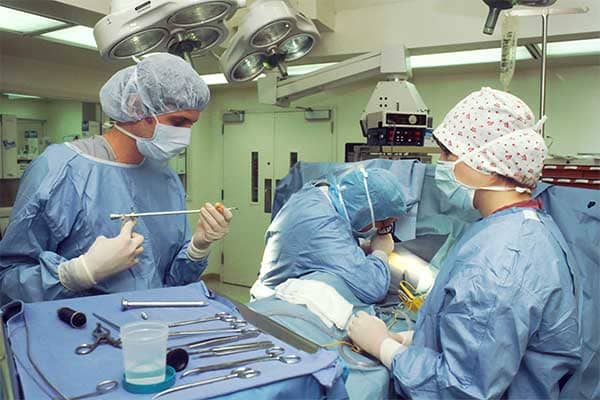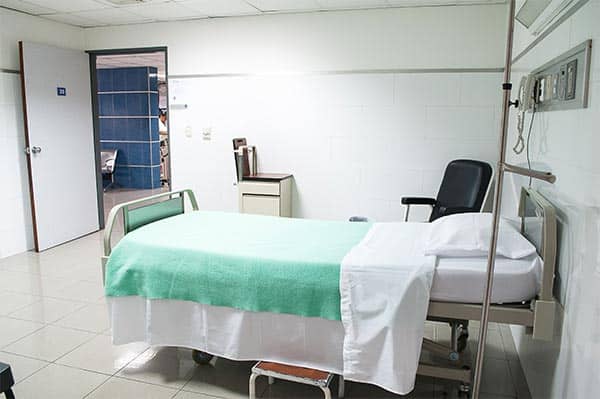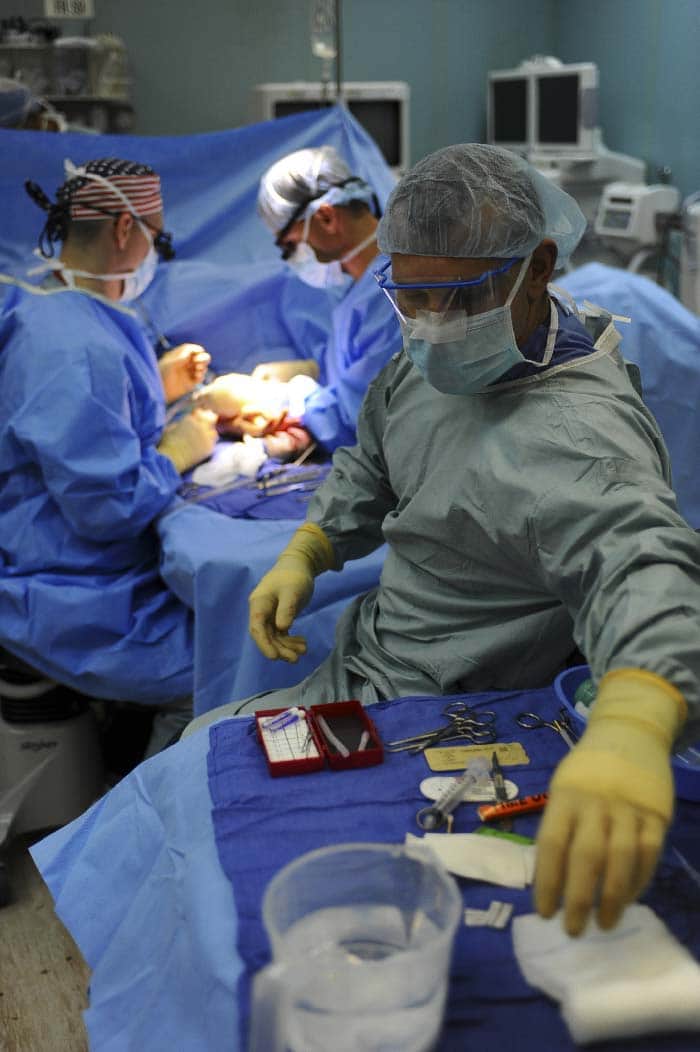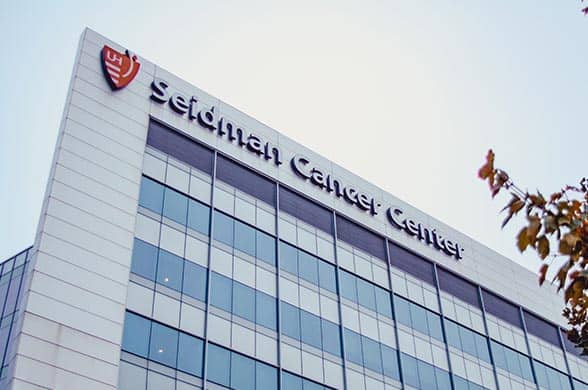Anaesthetist Resuscitator jobs
What do anaesthetists resuscitators do ?
The role of anaesthetists/resuscitators is to ensure that patients do not feel any pain during surgery. They bring about general anaesthesia. When the patient is not asleep, the anaesthesia is called loco-regional or local anaesthesia.
Before anaesthetising patients, the doctors will try to find out about their medical histories — this is the consultation phase that precedes operations.
When they put their patients to sleep, practitioners must monitor their conditions throughout the surgery. They must also ensure that their patient wake up in the appropriate manner.

An anaesthetist-resuscitator allows the patient not to feel pain during an operation

There can’t be surgery without an Anesthesiologist
No surgeries without anaesthetists-resusicitators
In medico-surgical establishments the position of anaesthetist/resuscitator is paramount. This is the reason why anaesthetists/resuscitators are highly sought-after, both by both private medico-surgical clinics and State-owned hospitals. Without anaesthetist/resuscitators it is difficult to perform surgical procedures. There are about 11,400 anaesthetists/resuscitators in France. When they work in hospitals, anaesthetists/resuscitators have the status of Hospital Practitioner. This implies that they have sat the hospital public service competitive entrance examination. They may also be Contractual Practitioners in State-owned hospitals. However, when they are employed by private clinics, they most often work as self-employed anaesthetists/resuscitators.
Do doctors who specialise in anaesthesia/resuscitation carry out anesthesia or resuscitation ?
In France it is not possible for doctors to have two qualifications certified by the Ordre des Médecins (the French order of doctors). However, anaesthetists/resuscitators can hold either a position as a medical resuscitator or a position as an anaesthetist-resuscitator. Resuscitators specialise in life-threatening emergencies. They often work in close collaboration with emergency doctors. Their services are called upon for extremely serious cases, when people’s are at threat, such as, for instance, when people suffer heart failure.
Whether it be in the areas of anaesthesia or resuscitation, many job offers are published for positions across the whole of France. It is common that some establishments decide to recruit an anaesthetist/resuscitator who divides his or her time, working as a resuscitator on one hand, and as an anaesthetist, on the other. Practitioners can carry on either of the disciplines without difficulty. Nevertheless, many specialists choose to practice only in one discipline. It should be noted that there are far fewer resuscitators.

What do anaesthetists-resuscitators do ?
Non-stop presence in establishments
Medico-surgical establishments cannot operate without anaesthesia-resuscitation. Indeed, given that surgery may take place at any given time, anaesthesia services need to be available 24 hours a day, 7 days a week. Practitioners sometimes have to be on call at night, but also at the weekend, just like emergency doctors.
An extremely demanding profession
Like all medical professions, what is at stake here is the health or even the lives of patients. This is especially true of anaesthesia, where the slightest dosing error can cost patients their lives. Resuscitators: this profession cares for patients in very serious conditions, for whom the prognosis is life-threatening. The profession of anaesthetist/resuscitator requires a very degree of precision in terms of technical tasks, as well as very advanced knowledge of various substances.
Where do anaesthetists-resuscitators practice ?

An anaesthetist-resuscitator works in public hospitals or in a surgical department
Anaesthetists/resusictators work in departments that carry out all or some of the following types of surgery: urological, digestive system, orthopaedic, cardiac, chest, and head surgery, and also organ transplants. The position of anaesthetist/resuscitator, in this case, requires that practitioners carry out pre-operation evaluations, since they are going to anaesthetise patients in operating theatres. Doctors are also actively involved in inpost-operative care, including management of patients’ pain, which results from the operations they have undergone. When they practice in State-owned hospitals, these doctors work under the orders of a Head of Department. In this case, the pay of anaesthetists/resuscitators will depend on their level in the hospital public service pay table.
As for self-employed anaesthesia/resuscitation doctors who work in clinics, they do not have line managers. They therefore practice under their own responsibility and must take out their own third-party liability insurance. The remuneration of self-employed anaesthetists/resuscitators who work in clinics thus depends on the services they provide. In this case, they pay on a percentage of the fees they receive for medical procedures to clinics, which is generally between 5% and 10%. However, they receive the totality of their fees and do not pay anything on to clinics.
View all our job offers for anaesthetists-resuscitators
in France
Do you want to recruit an anaesthetist/resuscitator?
BRM Conseil will find one on your behalf !
